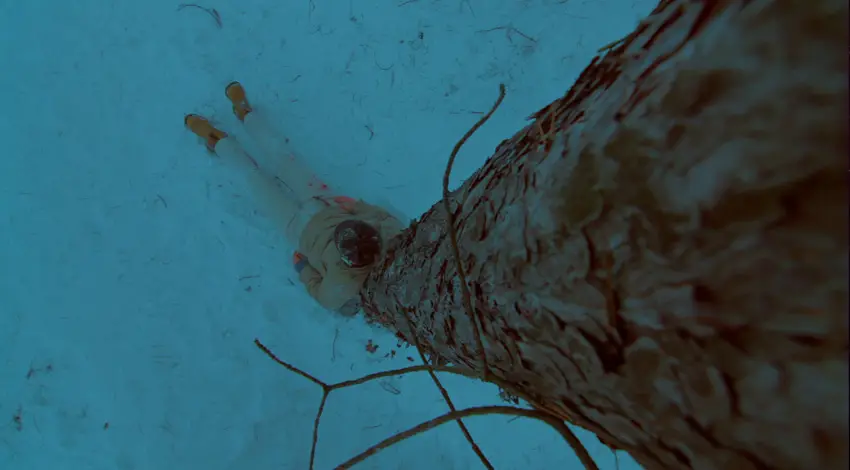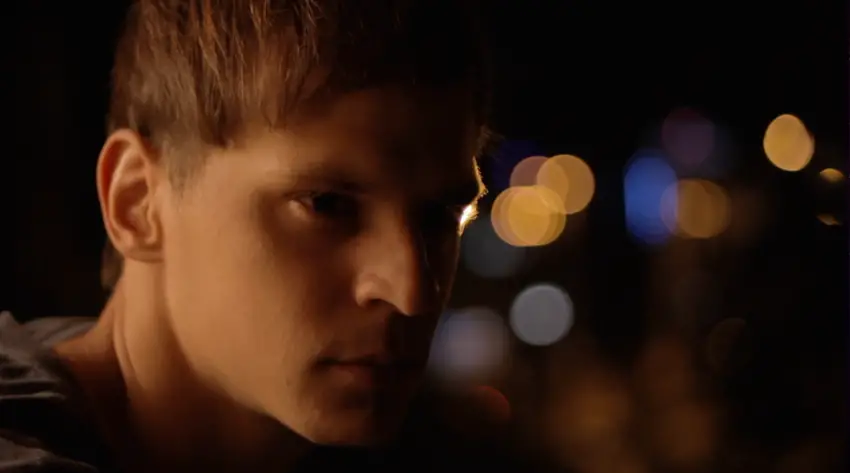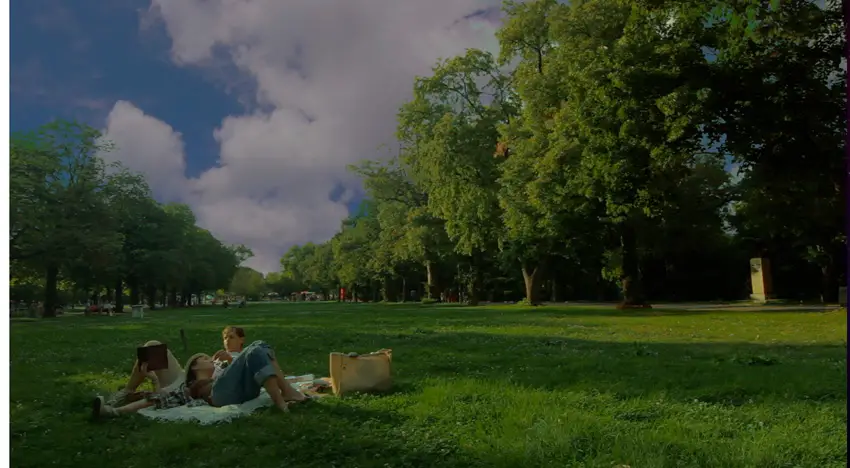As our filmmaking guide is just around the corner, I’m going to give you another update by sharing more insights on how I actually managed to put together my debut feature film “The Sixth Day”. А very common question that I and my producer were frequently asked was “Where did you get all this money to make a movie?”. Since as we all know it does take quite a bit of resource to make a movie it was completely natural for people to ask us that, once word got around we were making a feature film.
Unfortunately for us, in Bulgaria the country where we shot “The Sixth Day”, to get state funding for any film, regardless of whether it’s a short, feature or a documentary is quite a convoluted and complicated affair that only select a few get the chance of even getting a slice of the pie. We neither had access to any European media fund nor any corporate backers. Before we continue let me first show you the official trailer of my debut feature film.
If I had to come up with an approximate figure, we spent about 10,000 levs (the currency in Bulgaria) of our own hard earned cash over a few long years mainly as part of our day job income and doing low budget indie video work on the side, which wasn’t much at all.
So, 10K in BG levs is about $6,000 or £4,000/€5,000 at the current exchange rates. Quite a laughable figure to embark on a feature film, but that’s why there’s a word for it – No Budget Film. To put things into perspective, 10K in Bulgarian currency is quite a large sum of money when you take into consideration that the average person in Bulgaria makes that in about a year.
So being young, rebellious and going against the grain on all fronts, we decided that would be able to make the film for 10K – all the money we got. We had to figure out a way to split the cost in such a way that it would be doable. That in itself was quite a daunting task that gave us many sleepless nights. We had to find a way to make 10K enough for camera gear, audio gear, sound recordist, makeup, food, transportation, costumes, set dressing etc…

Since we were a no-budget indie production we knew we wouldn’t be able to pay the cast and crew, therefore we made sure that was crystal clear during the casting process. However, in the event the film turned a profit after the release, we would compensate them. Of course, this is not ideal, but given the circumstances, it was our only choice.
Undoubtedly, on future projects, I probably won’t go this route, but for my debut film, I had no choice. The flip side of having very little money to work with is that it forces you to be super creative and to think of making the impossible possible, whereas if you think about it – if you have a larger pool of cash and you come across a problem it would be easy to throw money at it and remedy it. However, learning the hard way by figuring out cost-saving ways to make your first film is a proven method.
I am probably going to get a lot of grief for saying this, but it’s true. Don’t get me wrong, though, not paying your cast and crew sucks. For both sides, it really does, but as long as everyone can benefit and no one feels used, it can work. Some of you who are actors out there are probably very familiar with this – not getting paid on first time director projects earlier in your career, and for those who say – you should always pay your actors and crew – and we wholeheartedly agree with you, but when you are making your first movie with your own money, that became a very difficult thing to do.

Pay/Salaries/Rates is the first item to be cut from the budget – it’s the nature of the beast. It’s a bit selfish in some way to say – oh yes, I need a camera and sound gear to make the movie, but I can do away with not paying people. When you say it like that – it’s definitely not the right thing to do. This way it sounds like you are the only party that benefits from the exchange. And, that is not the case.
When both parties agree in the beginning of the casting process that payment for service will be rendered upon successful release of the film (if any profits allow for it, which rarely do, but it happens) at the expense of daily rates, which are forfeited for the greater good of the film succeeding.

For the younger cast especially it was a fantastic opportunity to put a feature film credit on their CV and hopefully develop a long-standing working relationship that would grow into future projects where we would be working with a decent budget and everyone would get paid. We clicked with all the actors and no one gave us crap about not being paid upfront. Moreover, we worked with one of the hottest TV stars at that point in Bulgaria, who was getting paid quite a bit to do commercials and TV sitcoms, but he loved the script and got on board without getting paid.
If you’re not going to pay people and there is no other way to avoid this – do it once – only when you make your first film. But make sure both sides benefit from the experience and always be upfront about the reality of payments and anything that has to do with money. The root of all evil – money, it’s not called that by accident. Just be fair and upfront with everyone involved with the project. If they want to do it given the terms, great, if not – find someone else and move on. No hard feelings, this is your first movie we’re talking about here and there are a ton of lessons to learn. Take this as your first.
Meanwhile, to give you a taste of learning more about some of the gear we used to make our two feature films GET OUR SPECIAL FREE REPORT HERE
Disclaimer: As an Amazon Associate partner and participant in B&H and Adorama Affiliate programmes, we earn a small comission from each purchase made through the affiliate links listed above at no additional cost to you.




